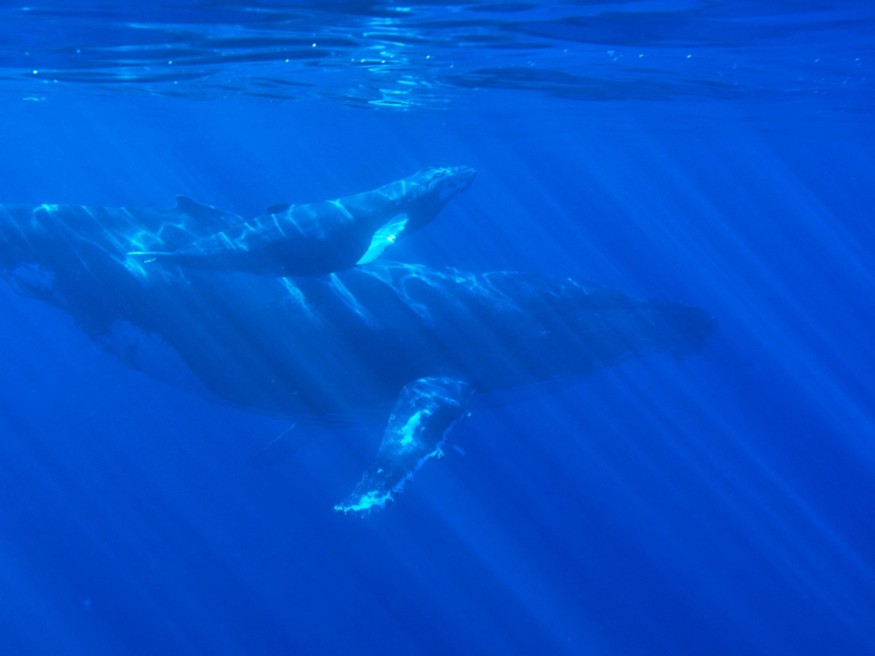Ocean warming due to climate change and climate variability is threatening marine mammals, including dolphins, whales, and seals, living in waters surrounding the United States. This is according to a new study led by scientists at the National Oceanic and Atmospheric Administration (NOAA), which found that the changing temperatures of Earth's oceans are impacting many members of the marine animal group.
While the theme of climate change, in relation to its effect on marine life, has been established in previous years, the NOAA study has carried out a unique assessment of the subject. By focusing not only on warming sea temperatures, the researchers were also able to link rising sea levels and decreasing ice volumes to the growing danger for different marine species in the region.
Marine Mammals Under Threat

In the scientific assessment published in the journal PLOS ONE on September 20, researchers from the NOAA Fisheries identified that US marine mammals living in the waters of western North Atlantic Ocean, Gulf of Mexico, and the Caribbean Sea are vulnerable to climate change. In particular, the research team explains that ocean warming leads to the loss of food resources, habitat loss, and other ecological repercussions.
By examining 108 marine mammal groups, the team found that natural disaster impacts more than 70% of the animals living in the said waters surrounding the US. They specified the increase in ocean temperature results in oxygen collapse and ocean chemistry alteration. The results suggest these changes pose life-threatening risks to most sea creatures.
Prior to their conclusion, the NOAA researchers collected data like temperature, ocean pH level, and dissolved oxygen, which were the main drivers of high climate exposure among the animals. The researchers then quantified these parameters with individual subjects, according to the study.
Also Read: Ocean Warming, Currents, Wind Patterns Threaten Survival of Shellfish and Other Invertebrates
What is Ocean Warming?
Previous research in relation to ocean warming has proven that above-average water temperatures are detrimental to the health of some marine animals, including coral reef systems. However, the recent NOAA study is significant since it explores a variety of marine mammal groups which have been reportedly overlooked in the past.
According to the Marine Mammal Center, there are five marine mammal groups that can be found in the world's oceans:
- Cetaceans (whales, dolphins, and porpoises)
- Pinnipeds (fur seals, seals, sea lions, and walruses)
- Sirenians (dugongs and manatees)
- Sea otters
- Polar bears
As mentioned earlier, while climate change-induced ocean warming is the largest threat to marine mammals in US waters, there are still other factors regarding the animals' survival and mortality in the region, in addition to natural predation.
According to the NOAA Fisheries, vessels strikes or collisions have also posed risks to marine animals in the oceans, highlighting that large ships to jet skis can potentially harm and kill almost any marine species, including marine mammals.
Based on previous reports, vessels often struck large seals, sea lions or whales, the US government agency adds.
© 2025 NatureWorldNews.com All rights reserved. Do not reproduce without permission.





